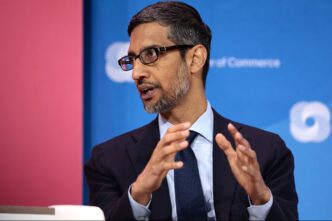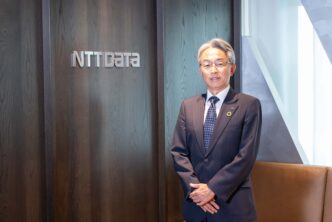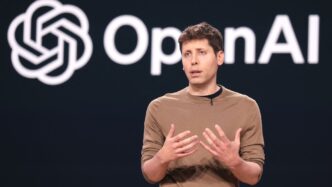A group of AI researchers, governance experts, and former OpenAI employees have issued a public warning against OpenAI’s proposed restructuring. In an open letter to the Attorneys General of California and Delaware, the coalition argues that transforming OpenAI into a public benefit corporation (PBC) poses a direct threat to the organization’s original mission of benefiting humanity.
Founded as a nonprofit, OpenAI was designed to ensure that artificial general intelligence (AGI) would not be exploited for private gain. Its governing documents emphasize that its primary goal is to ensure AGI benefits all of humanity. Critics now say the proposed shift undermines that principle, transferring control from a nonprofit board to shareholders in a for-profit structure.
From Humanitarian Mission to Shareholder Accountability
OpenAI has long positioned itself as an AI lab with a difference. Co-founded by Sam Altman, Elon Musk, and Greg Brockman, it aimed to act as a counterbalance to tech giants like Google, which were seen as overly profit-driven in their AI pursuits. OpenAI’s unusual structure—a nonprofit controlling a “capped-profit” subsidiary—was designed to maintain strict governance over AGI development.
Key safeguards included:
- A nonprofit board with full control over the for-profit arm.
- Investor profits capped, with excess value redirected for public benefit.
- An independent board majority with no financial interest in the company.
- A legal obligation for the board to prioritize mission over profit.
- AGI ownership retained by the nonprofit to guide its ethical use.
However, OpenAI is now considering converting its for-profit entity into a Delaware-based PBC. While such a corporation can pursue social good, it is still fundamentally accountable to shareholders. The letter’s signatories argue that this dual purpose risks compromising the nonprofit’s core mission.
The letter raises major concerns:
- Dilution of Mission: Under a PBC model, balancing profit with public good may erode the clear priority once given to humanity’s benefit.
- Loss of Oversight: Nonprofit entities are accountable to state Attorneys General, while PBCs are generally only answerable to shareholders via lawsuits.
- Unlimited Profits: Reports suggest the existing profit cap could be removed, redirecting vast potential earnings to private investors.
- Weakened Governance: The independence of the board overseeing AI development may be compromised.
- AGI Control Transfer: The nonprofit could lose authority over AGI, giving greater influence to companies like Microsoft, OpenAI’s major investor and partner.
Critics are especially concerned about the fate of key safety protocols, such as the “stop-and-assist” clause. This clause commits OpenAI to pause competitive efforts if a safer AGI is being developed elsewhere, a commitment that might be discarded under profit pressures.
Mission Drift or Necessary Evolution?
OpenAI has defended the restructuring, citing the need to compete for talent and capital in a rapidly evolving AI landscape. The company claims the new structure will make it easier to attract top researchers and secure funding against rivals like Anthropic and Google DeepMind.
But the signatories of the open letter disagree. They assert that OpenAI’s mission should not be compromised for competitive gain. They argue that the nonprofit model was designed to impose certain limits to protect humanity—and those limits are being discarded under the guise of business efficiency.
The letter emphasizes that simplifying capital structure should not mean eliminating essential safeguards. Instead, OpenAI should find ways to streamline investment without surrendering its founding principles.
Adding fuel to the controversy is Elon Musk’s ongoing legal dispute with OpenAI. Musk has accused the company of betraying its founding ideals by becoming overly commercial. In response, OpenAI has filed a countersuit, claiming Musk is waging a “malicious” campaign against the organization since founding rival firm xAI.
In light of these developments, the letter’s authors are calling for regulatory intervention. They demand answers from OpenAI leadership, a halt to the restructuring process, and restoration of nonprofit control. They also want clear safeguards reestablished to ensure AGI is governed with transparency, accountability, and public interest at its core.
“The proposed restructuring would eliminate essential safeguards,” the letter states. “It would hand control—and profits—of potentially the most powerful technology in human history to a for-profit entity whose legal obligation is to deliver returns to shareholders.”













